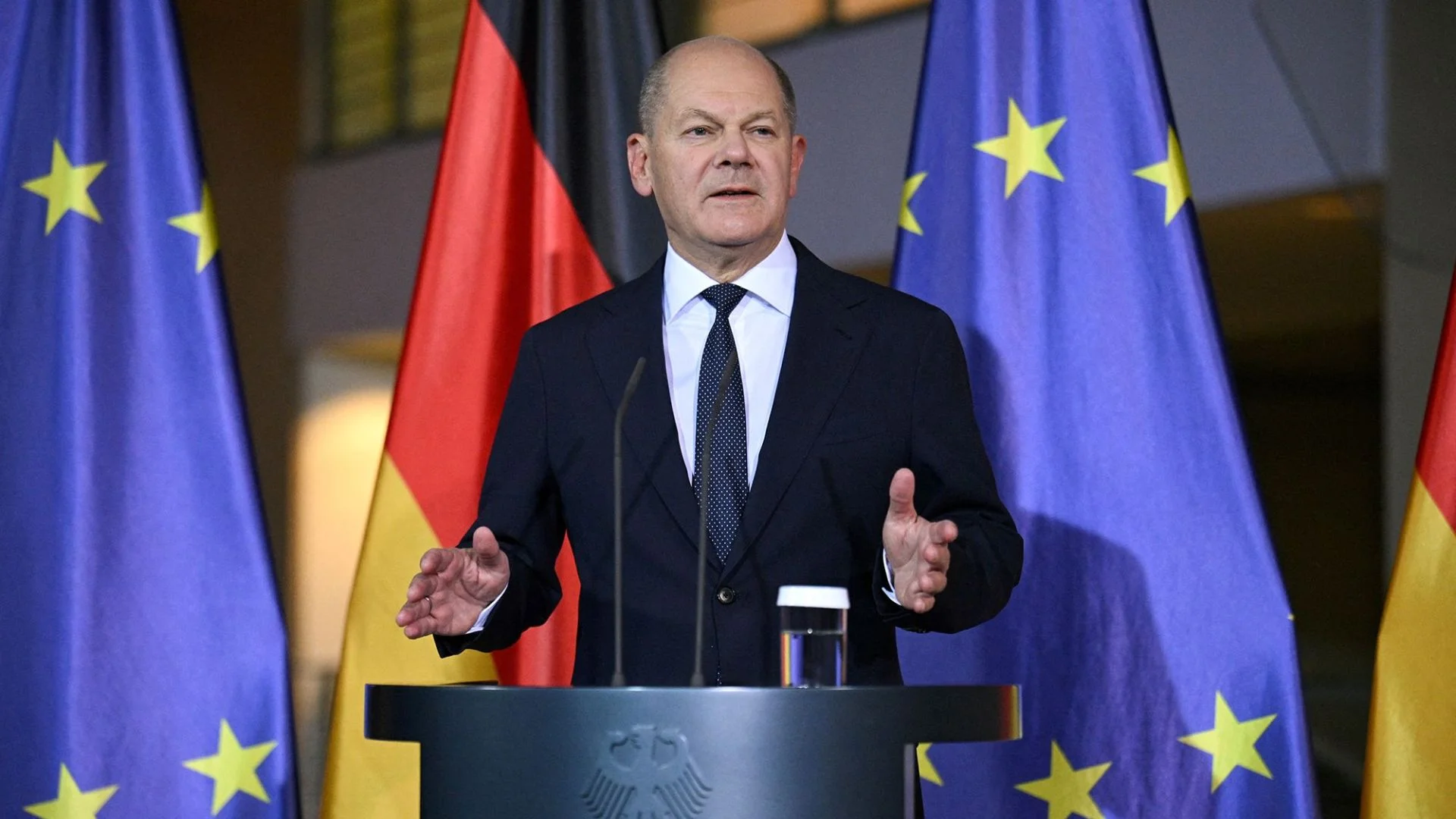The Collapse of the ‘Traffic Light’ Coalition
Germany’s ruling coalition, known as the “traffic light” alliance composed of the center-left Social Democrats (SPD), the Greens, and the Free Democratic Party (FDP) has officially dissolved after three years. The breakdown follows intense disagreements over the country’s budget, particularly how to address a significant shortfall for the coming year. The collapse of this coalition has thrown Germany’s political landscape into a state of uncertainty and unrest.
What Happened?
The catalyst for the government’s disintegration came on Wednesday night when Chancellor Olaf Scholz (SPD) dismissed his finance minister, Christian Lindner, who also leads the FDP. This decision followed months of impasse between the two over fiscal policies. Scholz favored taking on additional debt to stimulate spending, particularly in the wake of Russia’s invasion of Ukraine, while Lindner opposed this approach, advocating instead for cuts to taxes and government spending. The disagreement revolved around crucial issues such as welfare, climate change initiatives, and support for Ukraine.
Scholz and Lindner’s increasingly heated rhetoric highlighted their irreconcilable differences, with Scholz accusing Lindner of being narrow-minded and short-sighted, while Lindner criticized the Chancellor for disregarding the needs of everyday Germans.
What’s Next for Germany?
With the government now in a state of flux, the next federal elections, scheduled for autumn, are expected to be moved forward by six months, potentially taking place in March or April. Scholz has proposed a vote of confidence on January 15, but opposition leader Friedrich Merz, head of the Christian Democratic Union (CDU), is calling for it to be held sooner. If the government loses this vote, President Frank-Walter Steinmeier could dissolve the Bundestag, prompting new elections shortly after.
In the interim, Scholz will lead a minority government, relying on the support of the opposition. However, this setup risks making his administration ineffective, especially with looming budgetary and geopolitical challenges.
Could Scholz Continue as Leader?
Despite the turmoil, Scholz may attempt to lead a minority government with the SPD and the Greens. However, such a government would likely be seen as weak and unable to effectively navigate Germany’s ongoing crises. This situation also raises concerns about Germany’s international standing, as a divided government would make it harder for the country to address urgent issues such as defense spending and foreign policy.
What Went Wrong for the Coalition?
The “traffic light” coalition, formed in 2021, was always viewed as a fragile partnership. The invasion of Ukraine and the resulting energy crisis placed enormous strain on Germany’s economy and led to an increase in defense spending. Meanwhile, rising populism and a divided electorate have exacerbated tensions, leaving the government struggling to unify the nation.
What Do the Polls Say?
Polling data shows the opposition CDU/CSU alliance leading by a wide margin, with the AfD gaining significant ground as well. Meanwhile, the SPD, Greens, and FDP have all seen their approval ratings plummet, reflecting growing dissatisfaction with the current government’s handling of the country’s affairs. In particular, the FDP is now in danger of failing to meet the 5% threshold required to secure a seat in the Bundestag.
If elections were held today, the most likely outcome would be a grand coalition between the CDU and SPD, which, while popular with voters, is often seen as cumbersome and ineffective by political insiders.
A Period of Uncertainty
Germany is now facing a period of significant political instability. As the country grapples with its budget crisis and prepares for fresh elections, the outcome remains uncertain. Whatever happens, it seems clear that the government’s collapse will have lasting ramifications on Germany’s political and economic future.







